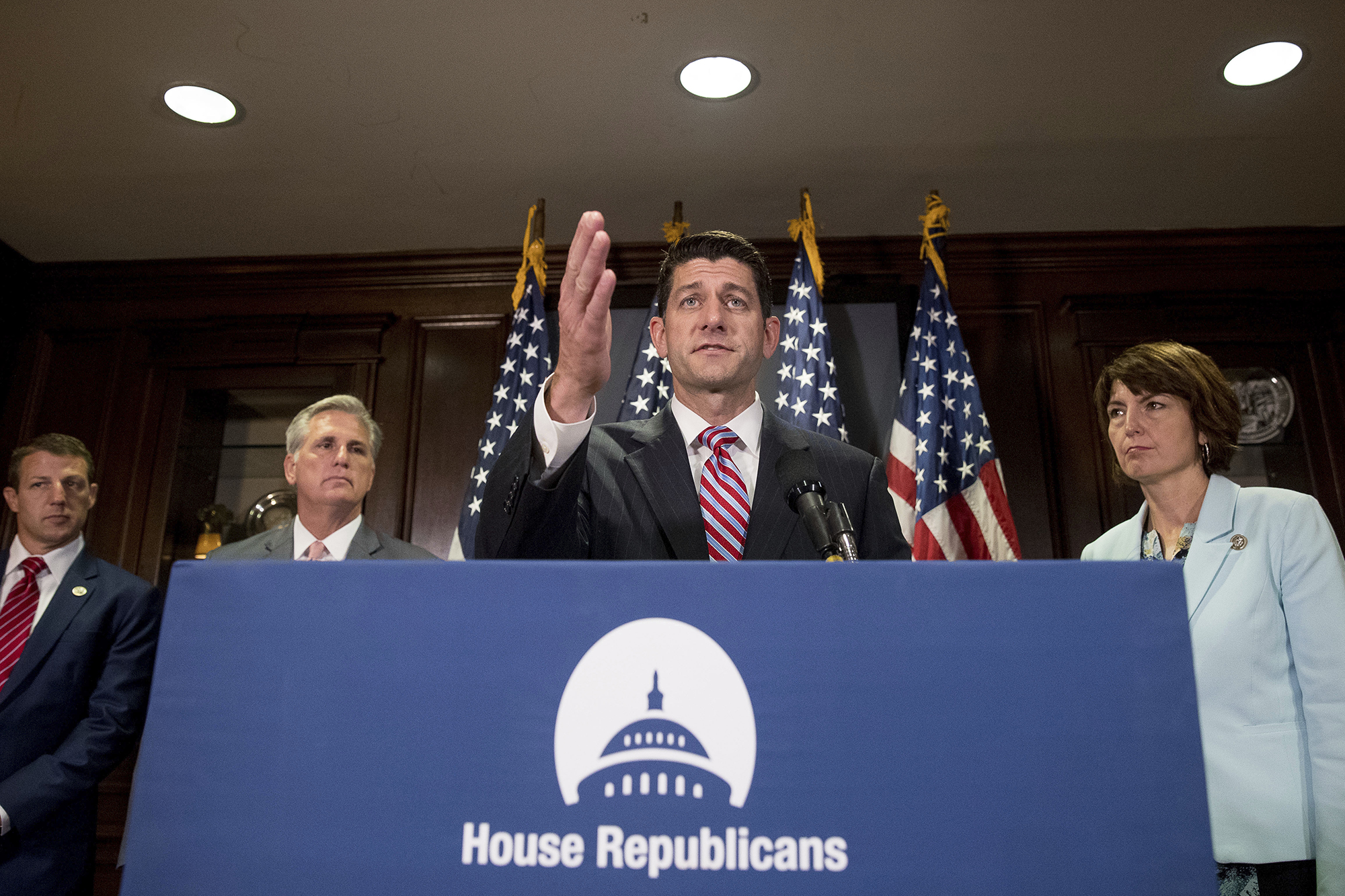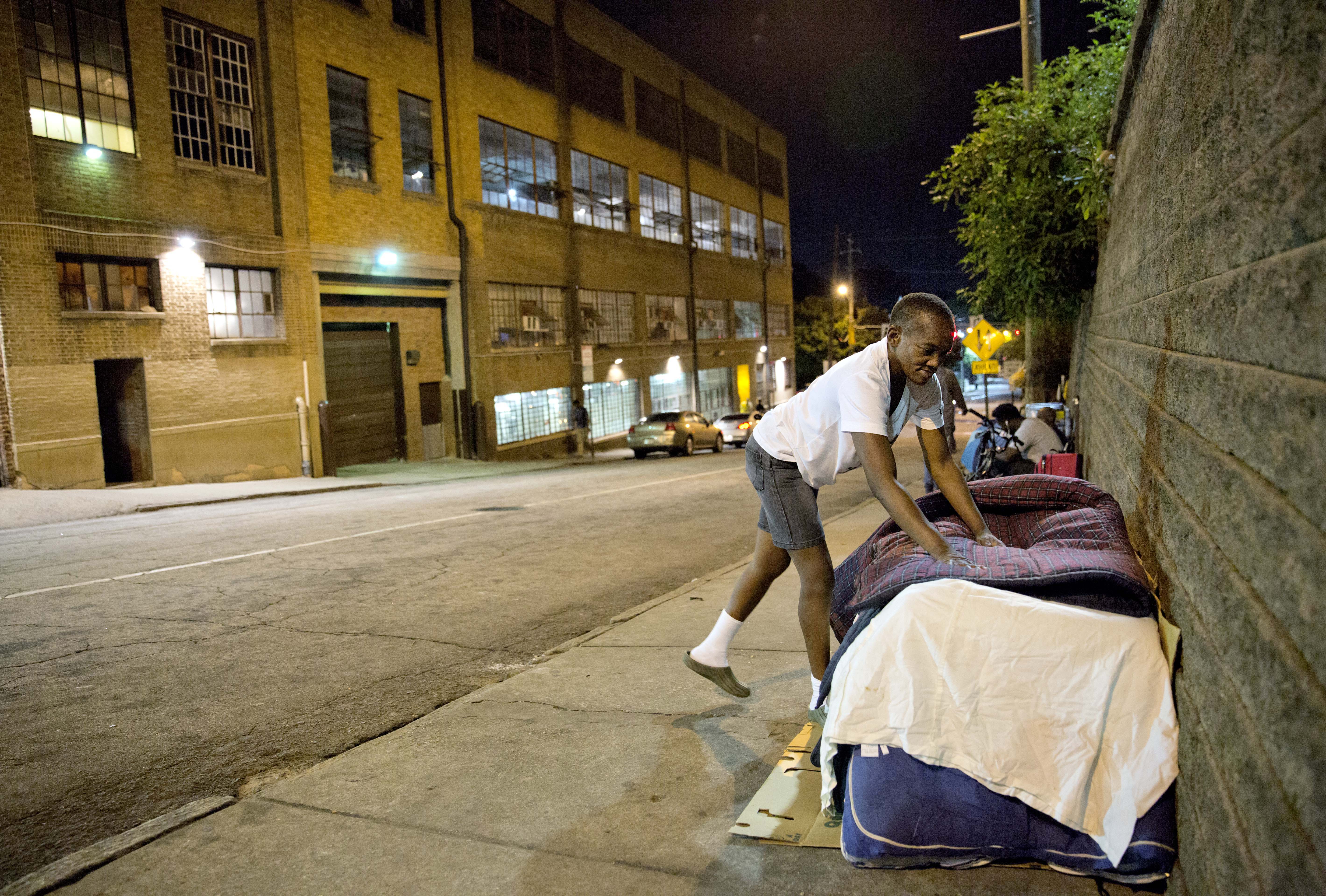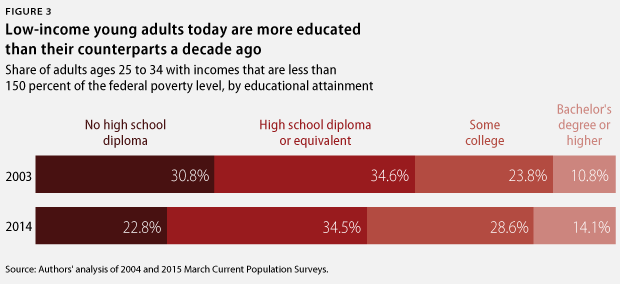This morning, the House Budget Committee released their budget plan for fiscal year 2018. It’s filled with some of conservatives’ greatest hits—work requirements, block grants, cuts to programs that help low-income people—and it’s all couched in language about how the government needs to reduce “wasteful spending.”
The problem is, I’m a product of that “wasteful spending.” So is my dad. He was a character, and deeply embarrassing in the way that only dads can be. He was known around our small town as the chatty Starbucks regular who would talk to complete strangers for hours or as the old man riding a unicycle (on special occasions, he also juggled and wore a clown suit). At movie theaters, he would stand up and dance during the ending credits, while I quickly walked away so people wouldn’t see us together. He brought a camera with him everywhere, and took pictures constantly, while I attempted to hide my face behind napkins, or my hands, or anything else within arms’ reach. He still framed those pictures, whether or not I was visible—there was one in his bedroom where a volleyball eclipsed my entire head.
Get TalkPoverty In Your Inbox
My dad was complicated. He was terrible with money. He ran his law practice on a barter system, trading legal advice and representation for furniture or housecleaning services or—in one particularly memorable instance—three swords.
He was also an addict. This was a surprise to virtually every person he met—myself included. I knew he spent time in rehab when I was five, but I still couldn’t quite believe it when—after ten years of sobriety—he relapsed and disappeared for two days during my sophomore year of high school. He came back, filled with guilt and shame, promising that it would never happen again. But it did happen again, so his wife left him. And then it happened again, and he lost his law practice. And again, and we lost our house. And eventually, it led to a new job working for Mexican drug cartels.
My dad’s story ended the way these stories tend to—he died. But not right away. First he was arrested, under drug charges that would have imprisoned him for 15 years. But after six months, the prison doctors ran some tests on a lump on top of his head. It turned out to be stage 4 melanoma. He was only supposed to live another three to six months, so he was granted a compassionate release from prison.
My dad lived for another 22 months after that—about four times longer than the doctors predicted. He died in the comfort of our home on the evening of October 25, 2010.
Those two years brought my father back to me. He and I became closer than ever—reflecting on the days when his criminal nickname was “el abogado,” when the months he spent in solitary confinement briefly drew out aspirations of priesthood, when he convinced his high school principal to let him grow out a beastly-looking beard to take on the role of Jesus in the annual play, and when we both realized that forgiveness can be the most powerful experience in your life.
His epitaph reads, “Love wins.” Ultimately, it did.
I have always attributed the additional 16 months I had with him to a sense of hope and love brought about by my community. Distantly familiar faces came out of the woodwork to offer emotional support, to help cook his meals, to sit with him to make sure he didn’t fall, to help him shower, and even to pay for his funeral when my mom realized we couldn’t afford it. But I also owe those 16 months to Medicaid, which covered chemotherapy early in his illness and a home nurse when he was too weak to walk. I owe them to Social Security Disability Insurance (SSDI), which helped pay for our biweekly trips to Kerrville, Texas, for clinical trials of Ipilimumab. I owe them to Supplemental Security Income (SSI), which helped my mother—who was working day in and day out to support her ex-husband and their three children—put food on the table. Even after he died, Social Security helped my family stay afloat with modest survivors benefits that my dad paid into over the course of his career.
Medicaid, SSDI, and SSI were as much a part of the community that gave my dad a chance to die with dignity as the Starbuck employees who closed down the shop to go to his funeral. You have all paid into them during your lives, so that when my family needed them, they were there. Thank you for that.
I can never explain how much this support meant to me. But I can say I hope that it’s there for you when you need it. Because it is not wasteful spending. I was not wasteful spending. My dad was not wasteful spending. And you are not wasteful spending.













